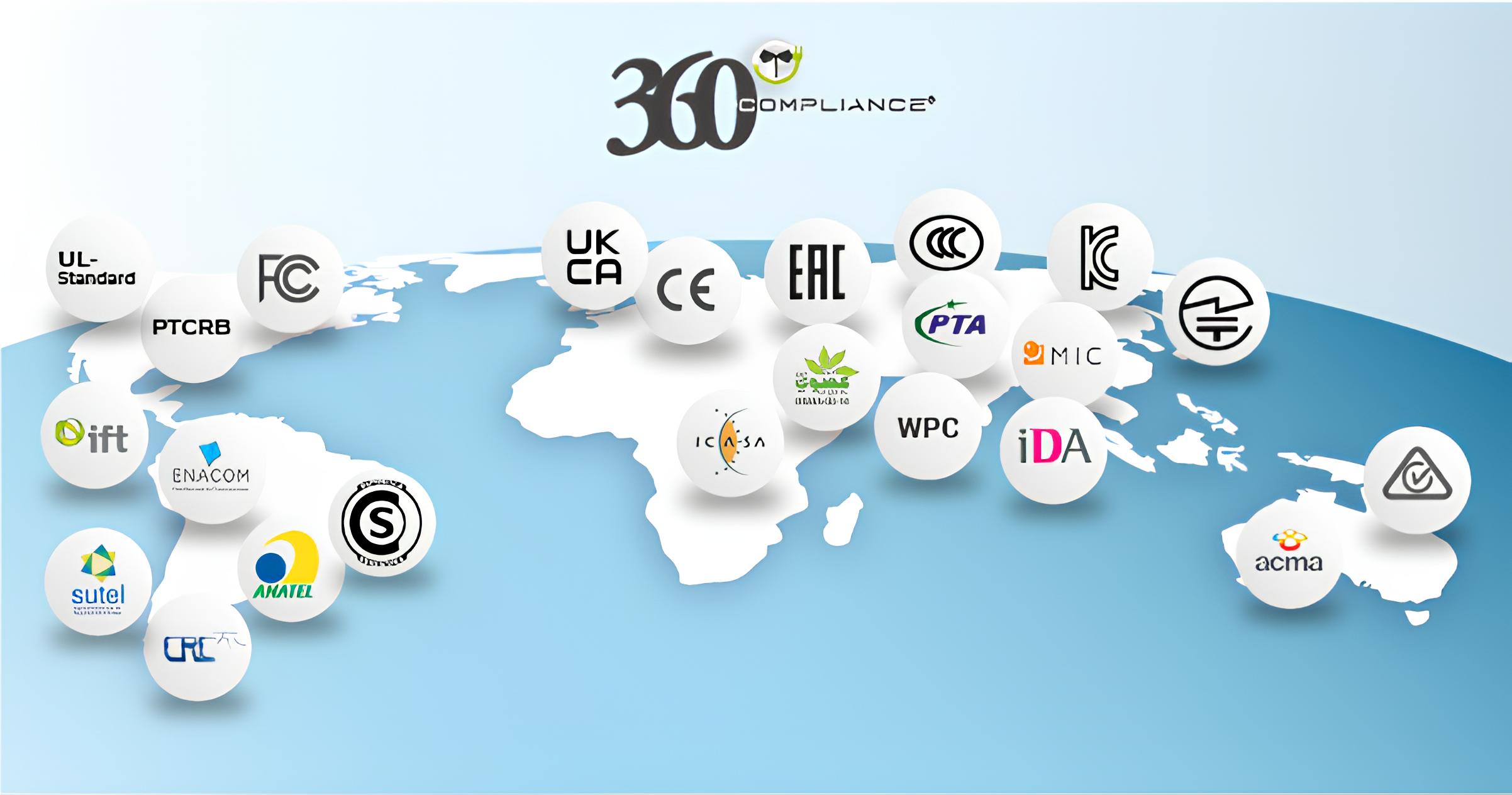
As the world of telecommunications continues to evolve, regulatory standards must keep pace with new technology. The Infocomm Media Development Authority (IMDA) of Singapore has issued draft revisions to the Technical Specifications for Cellular Mobile Terminal (TS CMT) and Cellular Base Station and Repeater System (TS CBS). These updates support the transition to 5G and the phase-out of older technologies. They aim to ensure devices meet the latest safety and performance standards. Here’s what you need to know about the proposed changes and why manufacturers should act before the October 15, 2024 deadline.
What Are the Key Changes in the IMDA Technical Specifications for Cellular Mobile Terminals?
The Draft IMDA TS CMT Issue 1 Revision 3 introduces several significant changes, reflecting the rapid advancements in cellular technology. Key changes include:
- Removal of 3G specifications: As the industry moves toward 5G, companies are phasing out older 3G networks.This change removes the now outdated 3G requirements from the specification.
- Updated RF EMF Standards: The revision includes changes to radio frequency electromagnetic field (RF EMF) standards, ensuring that mobile devices comply with the latest safety regulations.
- Enhanced Equipment Safety Testing: Safety is always a top priority. The new draft raises equipment safety testing requirements to ensure devices meet higher safety standards before reaching the market.
- New Bands Added (Band 26 & Band 28): With the addition of Band 26 and Band 28, cellular devices must now support these frequency bands, essential for improving coverage and performance.
- Introduction of VoLTE Requirements: As 3G is phased out, Voice over LTE (VoLTE) is becoming a crucial technology for voice communication over 4G and 5G networks. Devices will now need to meet these VoLTE requirements.
- Testing for 5G FR1 Devices with RedCap Capability: The revision also includes the testing parameters for 5G FR1 devices with RedCap (Reduced Capability), which is designed to support lower-cost 5G devices for the future.
What’s New in the Technical Specification for Cellular Base Stations?
The Draft IMDA TS CBS Issue 1 Revision 4 introduces new requirements for cellular base stations and repeater systems. It focuses on supporting the rollout of 5G infrastructure. Key changes include:
- Removal of 3G Specifications: Like the mobile terminal specification, the base station specification removes 3G requirements. This reflects the industry-wide shift to newer technologies.
- 5G Repeater Specifications: The new revision introduces 5G repeater specifications. It ensures base stations can support the latest 5G infrastructure.
- Addition of Band 28: As with the mobile terminals, Band 28 is added to both the base station and repeater system specifications, just like the mobile terminals. This aligns with global trends to improve coverage and performance in the 700 MHz range.
Why These Changes Matter for Manufacturers
These revisions mark a significant shift for manufacturers. They highlight the ongoing transition to 5G technology and the increased focus on equipment safety and RF EMF standards. Companies that produce cellular devices must test and update their products to meet these new requirements. Failing to comply may delay or restrict your products from entering the Singaporean market.
Deadlines and What You Need to Do
The deadline to submit feedback on the draft specifications is October 15, 2024, at 12 pm. IMDA encourages manufacturers and industry stakeholders to review the drafts and provide input on the proposed changes before this date. After the feedback period, IMDA will likely finalize the specifications, establishing them as official standards.
Preparing for Compliance: Key Steps
To ensure your products meet the upcoming technical specifications, here are some critical steps to take:
- Review and Implement New Bands: Ensure your devices support Band 26 and Band 28, as these are now essential for mobile terminals and base stations.
- Upgrade Safety and RF EMF Testing: Update your equipment safety testing protocols to meet the new RF EMF standards and safety requirements.
- Adapt to VoLTE and 5G Testing: Prepare to incorporate VoLTE features in your devices and conduct the necessary tests for 5G FR1 devices with RedCap capability.
- Stay Ahead of 5G Infrastructure Changes: If your business produces cellular base stations or repeaters, make sure your devices meet the new 5G repeater specifications and are ready to support 5G network rollouts.
Why 360Compliance Is Your Trusted Partner for IMDA Certification
Navigating the technical and regulatory changes in the IMDA Technical Specifications can be a challenge. That’s why 360Compliance is here to help you every step of the way. We offer:
- End-to-End Testing and Certification Services: We review your product specifications and conduct rigorous testing. This ensures your devices meet the updated IMDA standards.
- Expert Guidance on 5G and VoLTE Compliance: Our team tracks regulatory changes closely. We help you easily integrate VoLTE and 5G FR1 testing.
- Global Market Access: We don’t just help you meet Singapore’s regulations. Our services ensure that your products are compliant with international standards, unlocking opportunities in markets worldwide.
Contact 360Compliance today to get started on ensuring your products are ready for the next generation of cellular technology.
You may also be interested





